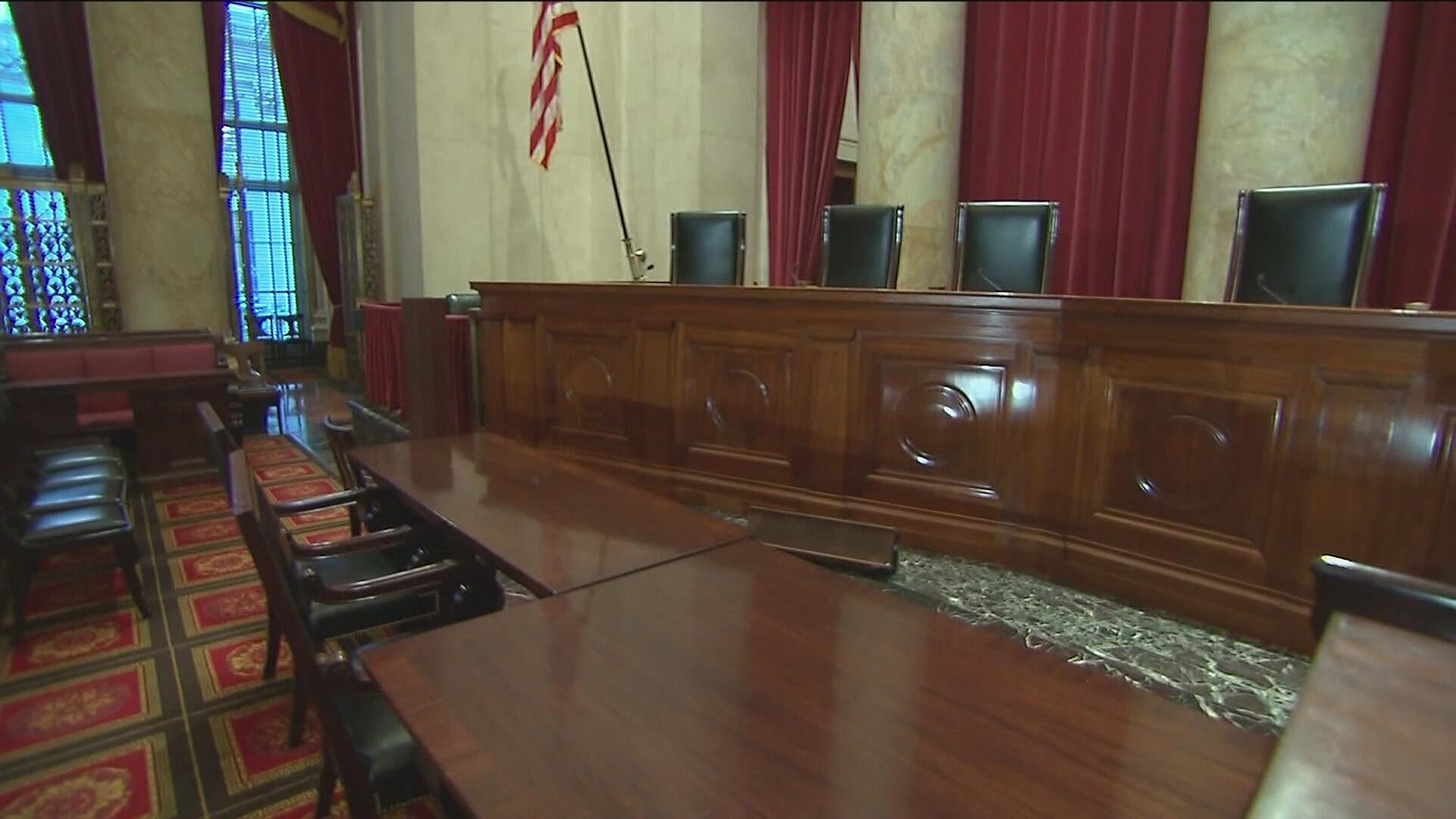ATLANTA — Should Native American families be first in line to adopt Native American children? The United States Supreme Court will decide.
The high court just heard arguments on Nov. 9 in the Haaland v. Brackeen case, which ultimately seeks to overturn a decades-old law.
In the lawsuit, plaintiffs say they want to make it easier for people who aren't Native American to adopt indigenous children. If SCOTUS sides with the plaintiffs, it would overturn the Indian Child Welfare Act of 1978. The law gives tribal nations a voice in child welfare cases, involving children who are members or eligible for membership of a federally recognized tribe.
“A lot of people might not know is that law was passed because there had been a long tradition in history of forced assimilation, which would be state governments, state agencies taking Indian children from their families in their tribes, and then putting them with white families to try to assimilate them into the culture," Tom Church, a trial lawyer said.
The Indian Child Welfare Act, known as ICWA, was intentionally meant to make it hard to remove Native American children from their tribes and heritage. The lawsuit is now challenging its constitutionality.
The argument stems from four consolidated cases out of Texas, Louisiana and Indiana:
Seven people sued the federal government on the grounds that Congress is overextending its reach when states ultimately deal with child-custody proceedings and that it draws distinctions based on race and violates the nation's values of equal protection. Haaland v. Brackeen is the overarching case.
“Where that gets a little hairy is because tribal courts traditionally govern adoption on tribal lands," the Atlanta-area trial lawyer said.
Tribes are countering that indigenous children, and tribal relations, have always been under the federal government adding that the U.S. Constitution gives Congress power to regulate all interactions between Native Americans and non-natives.
The lawsuit was prompted by a white couple who had difficulty adopting an indigenous child because priority, under federal law, is given to Native American families.
Church believes the plaintiffs will be at least partially successful but believes something will change.
“We have here a very conservative Supreme Court that's very interested in empowering states, getting the federal government out of the way when it comes to states being able to exercise traditional state powers like adoption," he said.
Under the law in question, Native American children should be placed with a member of their extended family, if possible. Other alternatives include placing the child with another member of their tribe or at minimum be placed with other Indian families.
According to SCOTUS transcripts from the hearing, justices took issue with the third alternative. The court likely won't make its formal opinion any time soon. The earliest a ruling is expected is in the spring.
This story is part of a series of stories done by 11Alive's Dawn White for Native American Heritage Month.

